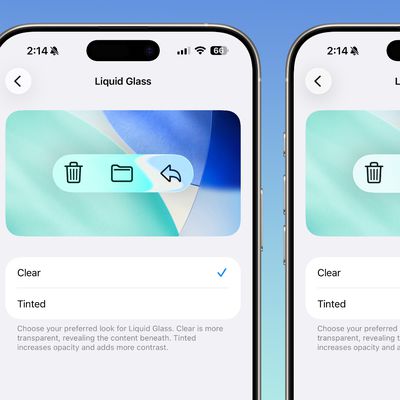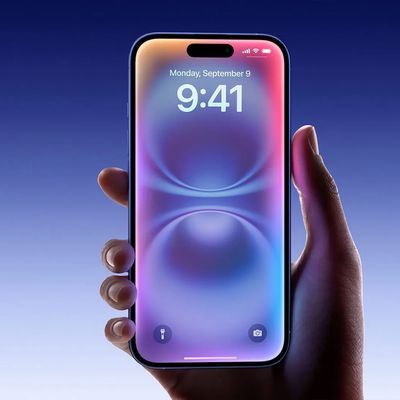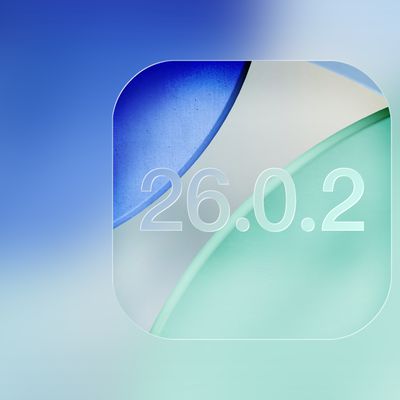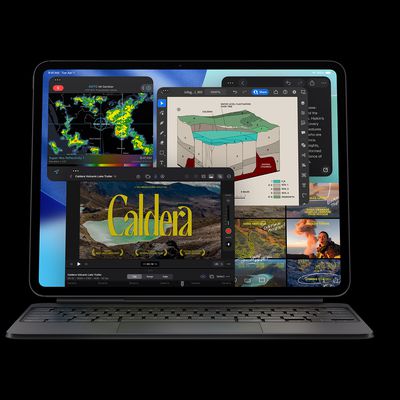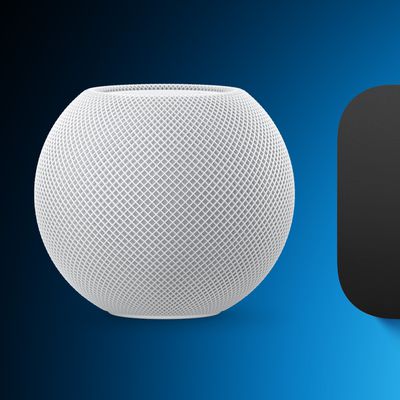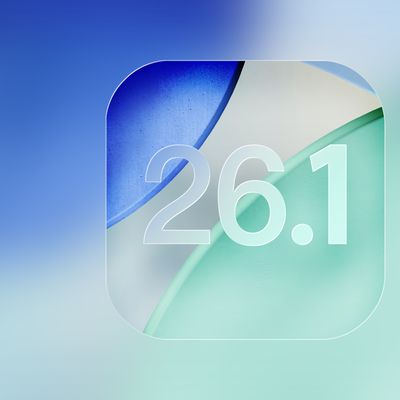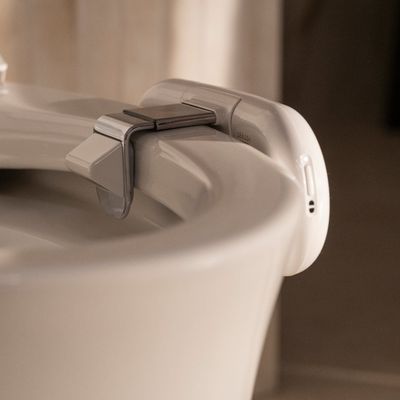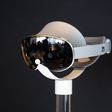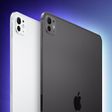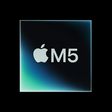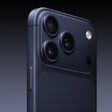Class Action Lawsuit Filed Against Apple Over 2011 MacBook Pro Graphics Issues
Back in January, we highlighted graphics issues being experienced by a number of owners of 2011 15-inch and 17-inch MacBook Pro models, with many users needing to pay for (sometimes multiple) expensive logic board replacements due to the issue. The apparent widespread nature of the issue has led to claims that it is a manufacturing defect that should be covered by Apple, with a change.org petition seeking relief from Apple now exceeding 20,000 signatures and affected users organizing in a Facebook group of over 5,000 members.
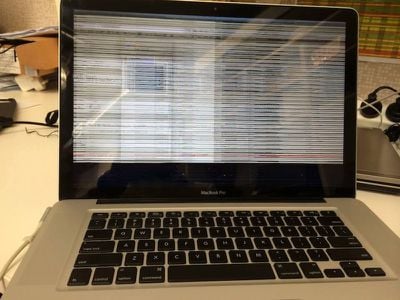
We noted in August that law firm Whitfield Bryson & Mason LLP had begun researching the issue, soliciting feedback from affected users to determine whether a class action lawsuit against Apple might be warranted. The firm apparently found sufficient reason to proceed as it has announced today that it has indeed filed suit against Apple on behalf of affected consumers.
Our firm recently filed a class-action lawsuit in a California federal court against Apple, Inc. on behalf of residents in the States of California and Florida who purchased 2011 MacBook Pro Laptops with AMD GPUs who experienced graphical distortions and system failures.
The firm is continuing to solicit feedback from affected users and is considering filing actions in other jurisdictions around the country.
The lawsuit lays out the plaintiffs' argument that the issues stem from hardware defects related to the lead-free solder used on the AMD graphics chips in the 2011 MacBook Pro models.
When the lead-free solder cracks it degrades the data flow between the GPU and the logic board. A small crack can cause the laptop’s graphics to become distorted on occasion. But as cracks in the lead-free solder propagate over time, the graphics issues worsen and system stability decreases, until eventually the computer is completely unusable. This defect related to the lead-free solder connecting the GPU to the logic board (the “Graphics Defect”) limits all computers at the point of sale forward from performing as advertised and warranted.
The suit goes on to note that Apple's only solution offered for the issue is complete logic board replacement, but that the remedy is ineffective as replacement parts use the same solder and fail in the same way, sometimes within days. Apple has also in many cases charged consumers for the repairs and has refused requests to reimburse consumers for repairs paid for out of pocket.
Drawing parallels to similar graphics issues in the 2008 MacBook Pro that ultimately resulted in a recall by Apple, the plaintiffs in this case request that Apple acknowledge a defect in the 2011 MacBook Pro models, notify owners of the issue, bear the costs of inspection of affected machines, and pay the full costs of repairs and damages. The suit also requests that users who have paid out of pocket for repairs be reimbursed for their expenses.
Popular Stories
iOS 26 was released last month, but the software train never stops, and iOS 26.1 beta testing is already underway. So far, iOS 26.1 makes both Apple Intelligence and Live Translation on compatible AirPods available in additional languages, and it includes some other minor changes across the Apple Music, Calendar, Photos, Clock, and Safari apps.
More features and changes will follow in future ...
With the fourth betas of iOS 26.1, iPadOS 26.1, and macOS 26.1, Apple has introduced a new setting that's designed to allow users to customize the look of Liquid Glass.
The toggle lets users select from a clear look for Liquid Glass, or a tinted look. Clear is the current Liquid Glass design, which is more transparent and shows the background underneath buttons, bars, and menus, while tinted ...
iOS 26.4 is expected to introduce a revamped version of Siri powered by Apple Intelligence, but not everyone is satisfied with how well it works.
In his Power On newsletter today, Bloomberg's Mark Gurman said some of Apple's software engineers have "concerns" about the overhauled Siri's performance. However, he did not provide any specific details about the shortcomings.
iOS 26.4 will...
Apple's software engineers continue to internally test iOS 26.0.2, according to MacRumors logs, which have been a reliable indicator of upcoming iOS versions.
iOS 26.0.2 will be a minor update that addresses bugs and/or security vulnerabilities, but we do not know any specific details yet.
The update will likely be released by the end of next week.
Last month, Apple released iOS 26.0.1,...
While the new iPad Pro's headline feature is the M5 chip, the device has some other changes, including N1 and C1X chips, faster storage speeds, and more.
With the M5 chip, the new iPad Pro has up to a 20% faster CPU and up to a 40% faster GPU compared to the previous model with the M4 chip, according to Geekbench 6 results. Keep in mind that 256GB and 512GB configurations have a 9-core CPU,...
With the fourth beta of iOS 26.1, Apple added a toggle that makes Liquid Glass more opaque and reduces transparency. We tested the beta to see where the toggle works and what it looks like.
Subscribe to the MacRumors YouTube channel for more videos.
If you have the latest iOS 26.1 beta, you can go to Settings > Display and Brightness to get to the new option. Tap on Liquid Glass, then...
Apple on Wednesday updated the 14-inch MacBook Pro, iPad Pro, and Vision Pro with its next-generation M5 chip, but previous rumors have indicated that the company still plans to announce at least a few additional products before the end of the year.
The following Apple products have at one point been rumored to be updated in 2025, although it is unclear if the timeframe for any of them has...
Even though we're at the fourth beta of iOS 26.1, Apple is continuing to add new features. In fact, the fourth beta has some of the biggest changes that we'll get when iOS 26.1 releases to the public later this month. We've rounded up what's new below.
Liquid Glass Transparency Toggle
Apple added a toggle for customizing the look of Liquid Glass. In Settings > Display and Brightness,...
Kohler is expanding its line of bathroom products with Dekoda, an iPhone-connected device that's designed to be attached to a toilet rim (via The Verge). The device's included "sensors" point into the toilet bowl, allowing it to analyze what goes on in the bathroom.
According to Kohler, Dekoda is a health tracker that can monitor gut health and hydration, as well as detect the presence of...




